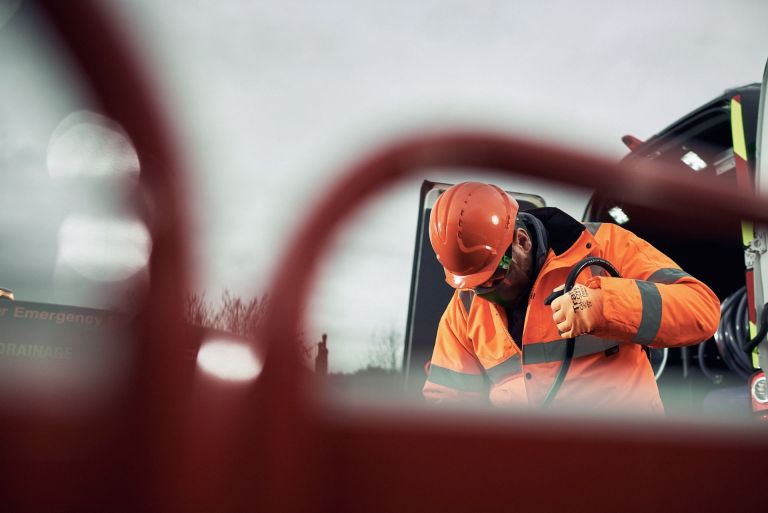Ultimate Guide to Septic Tanks and Cesspits
Septic Tanks and Cesspits are far from glamorous. But if you happen to live or own a property with a septic tank or cesspit then it would make sense for you to know whats occurring beneath your feet. It could prove really useful if an issue arises.
Where will I find a Septic Tank or Cesspit?
Typically, when a property is unable to connect to a mains sewerage system, water and effluent can be disposed of via a septic tank or cesspit system. If you own a septic tank or cesspit you won’t need to pay sewerage charges to a water company but you’ll have the responsibility of ensuring that the septic tank or cesspit is well maintained and emptied regularly as well as the costs that come along with it. Your tank will usually be found beneath the ground within the boundaries of your property.
Why not just connect to a mains sewerage system?
It’s not always possible. Where properties are more sparsely spread, in more rural areas like the country side for example – you are less likely to find immediate access to a mains sewerage system. This could be down a multitude of reasons, one being the cost effectiveness of providing a connection.
How do Septic Tanks work?
A septic tank collects waste water and sewage. Here comes the technical bit, brace yourself. The septic tank separates the input (wastewater and sewage) into different chambers within the tank. The more solid materials in the sewage settle and decompose whilst the liquid materials exit the septic tank and are discharged into the environment..
There a rules that must be met and followed if you own a septic tank. Generally, sewage entering a septic tank must be domestic in nature and cannot contain substances/materials that will pollute the environment. There are also guidelines on whether the tank outputs its contents into the ground or into surface water paths.The Environmental Agency are a good information point and advice source for more detailed clarification on the matter.
You will need a permit if your septic tank releases into a groundwater source protection zone (SPZ1).
It is your responsibility to have the tank emptied and surveyed/checked AT LEAST annually. This work must be undertaken by a qualified company that hold all the relevant licenses (Waste Carriers License). They must ensure that the waste collected goes to a registered disposal site. FS Drainage Services are on hand to help with you Septic Tank emptying and maintenance. It would be wise to keep a clear paper trail for your records.
How do Cesspits work?
Where a septic tank has an inlet and outlet, the cesspit differs. A cesspit is fully a enclosed and sealed tank that holds wastewater and sewerage and offers no form of treatment.
You won’t need to register having a cesspit on your property however if you plan to install one then planning permission must be obtained.
Similarly to a septic tank, a cesspit MUST be emptied regularly by a qualified company with all the relevant licenses (Waste Carriers License). The contents must then be disposed of at a registered disposal site. Depending on the size of the household, the size of the tank and the water usage – emptying could be required monthly, quarterly or yearly. It really is different for each property. Again, it is your responsibility to ensure you commission a responsible company to dispose of your waste. Always keep a clear paper trail for your records.
Quick tips on how to maintain your septic tank or cesspit
Use biologically friendly household cleaning products and do not let commercial chemicals or bleach get into your tank. This could potentially cause some serious damage to the environment outside the tank.
Have the tank emptied and cleaning regularly by a qualified company.
Check the level in the tank regularly. It is not uncommon to hear of the EA prosecuting when pollution occurs. It is also an offence under the 1936 Public Health Act to let it overfill.
Really try and avoid letting medicines get into the tank. They can be really damaging to the environment around the tank.
Still Unsure?
If you’re still unsure or would rather speak to a professional, call our team on 0800 689 3497. We’re available 24/7 and would be happy to help.
Or you can fill out our quick enquiry form and a member of our team will call you back before the end of the day.

